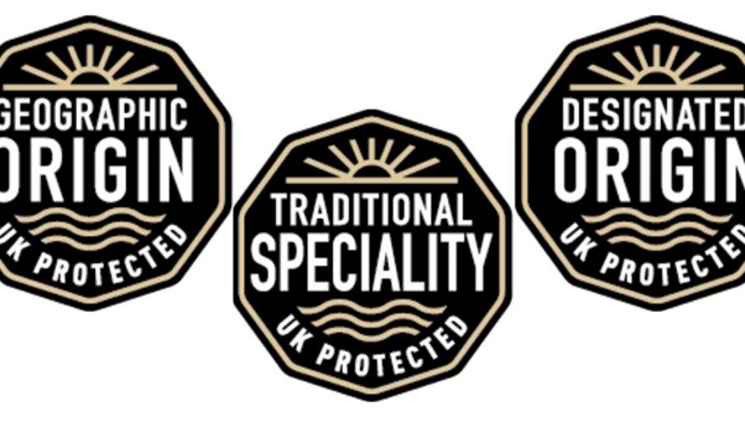UK GI Scheme
Information about Geographical Indication (GI) Protection for Food and Drink Producers in Scotland.
What is GI?
The UK’s Geographical Indication (GI) scheme is designed to protect and promote the unique characteristics and heritage of food and drink products. Approved products that either originate from or have a clear connection to a specific place, and/or have certain production methods or ingredients, can be marketed under a specific name, safeguarding both producers and consumers.
GI is a legally defined scheme, essentially protecting the name used on products for which an intrinsic link exists between the product’s qualities or characteristics and geographical origin. Protection helps maintain the authenticity and value of those products. Within the EU, GI has been around since 1992 and was set up to support products within the single market. The UK’s GI scheme is relatively new by comparison but is very similar and must be in place before any application is made to EU or other GI schemes.

Types of GI Protection
| Protected Designation of Origin (PDO) | Products must be produced, processed, and prepared in the specified area using local knowledge and traditional skills. |
| Protected Geographical Indication (PGI) | At least one stage of production, processing, or preparation must occur in the specified area. |
| Traditional Speciality Guaranteed (TSG) |
Products must be traditional, with names used for at least 30 years, but need not be tied to a specific geographical area. |
Benefits of GI Status
1. Securing a GI can offer several benefits, including both market-boosting and protective elements. It can enhance the market value of your product, increase sales into new or existing markets or channels, and protect products from imitation. Evidence for the longer standing EU GI protection shows clear volume and value-based benefits for products carrying GI status.
2. GI status can protect the characteristics of your product, including methods of production, avoiding cheaper duplicates competing in the same category. It also contributes to economic growth by highlighting the unique qualities of Scottish produce, raising awareness in UK and overseas markets, and encouraging food and drink visitors to Scotland. This is why Scotland Food & Drink and the Scottish Government support the process.
3. GI status can protect the characteristics of your product, including methods of production, avoiding cheaper duplicates competing in the same category. It also contributes to economic growth by highlighting the unique qualities of Scottish produce, raising awareness in UK and overseas markets, and encouraging food and drink visitors to Scotland. This is why Scotland Food & Drink and the Scottish Government support the process.
Eligibility and Application Process
To apply for a GI, your product must comply with certain specifications regarding its production and origin. You will need to provide a detailed product specification and supporting evidence, which will be considered by a dedicated UKGI team within the UK’s Department for Environment, Food & Rural Affairs (DEFRA). The application process can take around 24 months and has a cost, which varies depending on the product. It is therefore important to start early.
Eligible Products
Eligible products include both food and drink products such as beer, cider, wine and spirits, fresh meat and offal, meat products (cooked, salted, smoked, or other preparation), cheeses, products of animal origin (such as eggs, honey, dairy products, excluding butter), oils and fats (such as butter, cooking oils), fresh or processed fruits, vegetables, and cereals, fresh fish, molluscs, crustaceans, and derived products, spices, chocolate and derived products, bread, pastries, cakes, confectionery, biscuits, other bakery products, drinks made from plant extracts, and salt.
Inspections and Compliance
As part of the approval and ongoing compliance process, you must commit to and pay for regular inspections by an accredited control body to ensure ongoing compliance with the registered specifications. Scottish producers can select from local authorities or UKAS-accredited bodies for these checks. It is essential to renew your product verification at least every three years, and there will be a cost to this process, which will vary depending on who conducts it and how many producers are involved.
Further Information
For further guidance on the application process, compliance requirements, and benefits of the UK GI scheme, as well as contact details, please download our FAQ document.